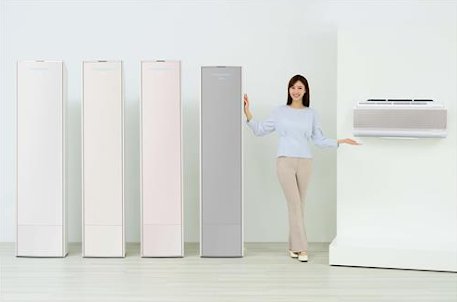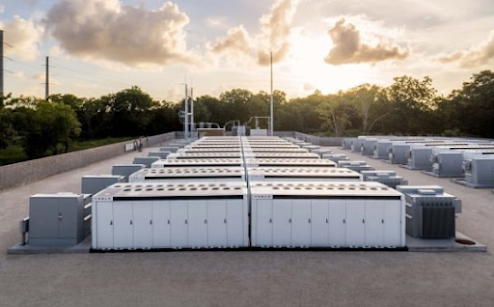Never trust, Always verify

The buzzword in the cyber security industry these days is Zero Trust. As traditional perimeter security has reached its limits, Zero Trust has emerged as the next security paradigm. Major governments are preemptively implementing Zero-Trust security schemes in their government agencies, and global enterprises are racing to capture the Zero-Trust market. It's time to get ahead of the curve. Traditional perimeter security is often compared to a castle. It's an intuitive security system that builds high walls and digs a deep moat around the perimeter to keep the outside world out. It's simple and clear, easy to operate, and efficiently provides stability in traditional work environments. But times have changed. The proliferation of mobile, the Internet of Things (IoT), and the cloud has created a remote work environment, and the COVID-19 pandemic has accelerated a contactless society, requiring changes to traditional security systems. Digital transformation (DX) has diversifie

